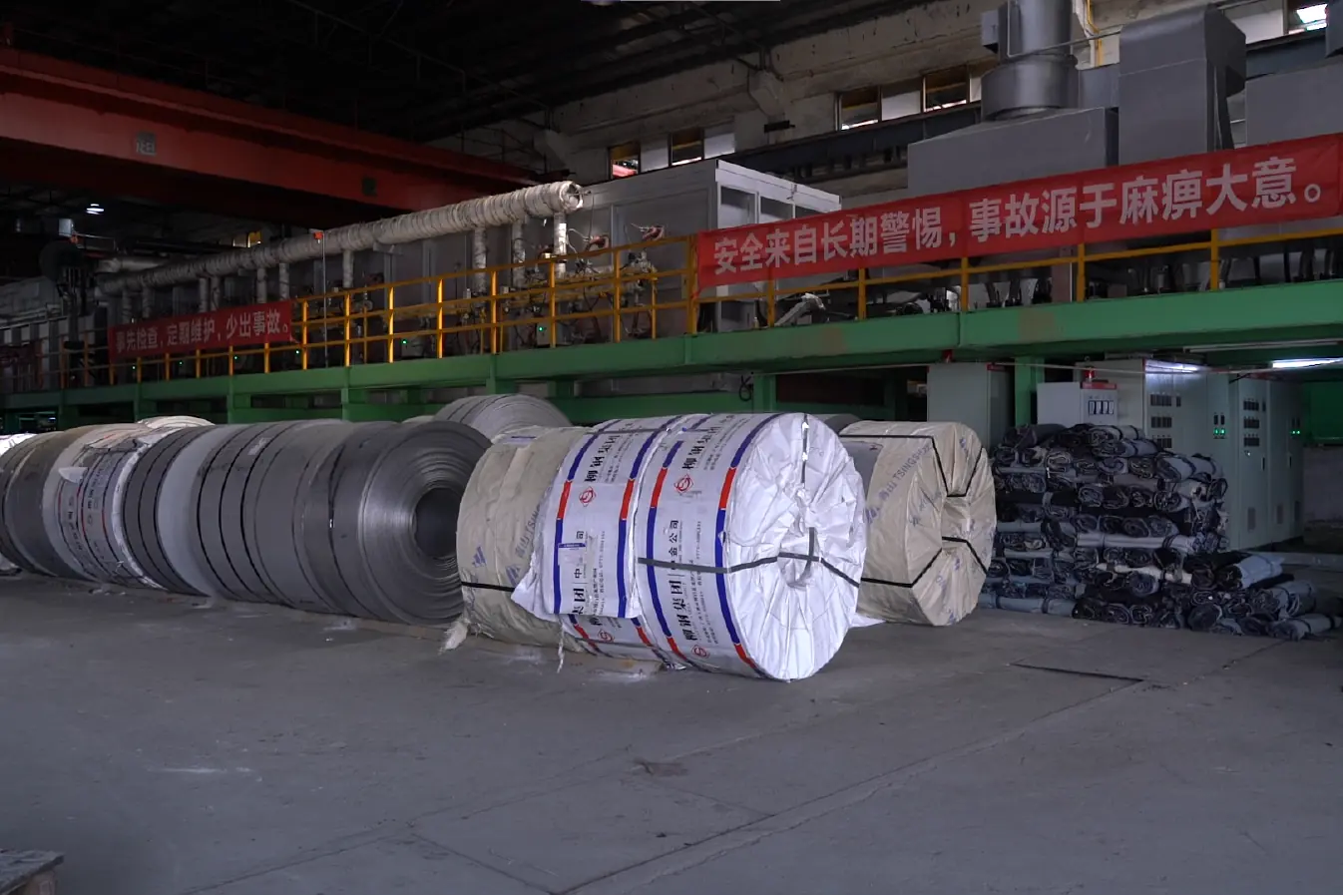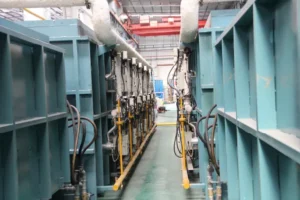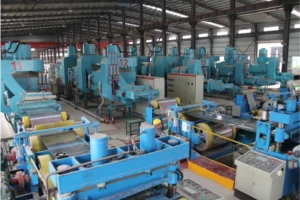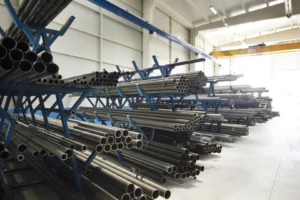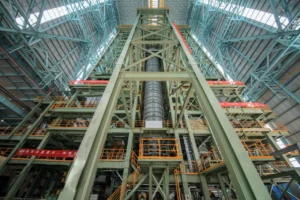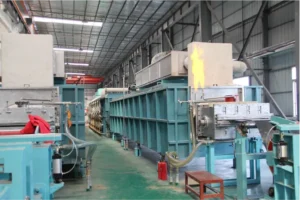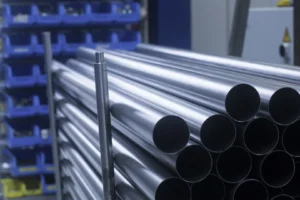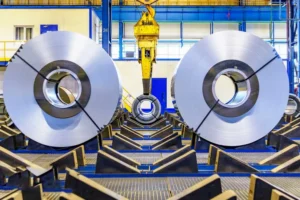Why a Good Stainless Steel Coil Supplier is Key to a Strong Supply Chain
Supply chain disruptions are a constant threat. This volatility makes planning difficult, but a strategic supplier partnership[^1] ensures stability and turns a weakness into a powerful strength.
A good stainless steel coil supplier is key because they are a strategic partner, not just a vendor. They provide consistent quality, timely delivery, and scalability, which are essential for navigating market volatility, ensuring seamless production, and maintaining a competitive edge in your industry.
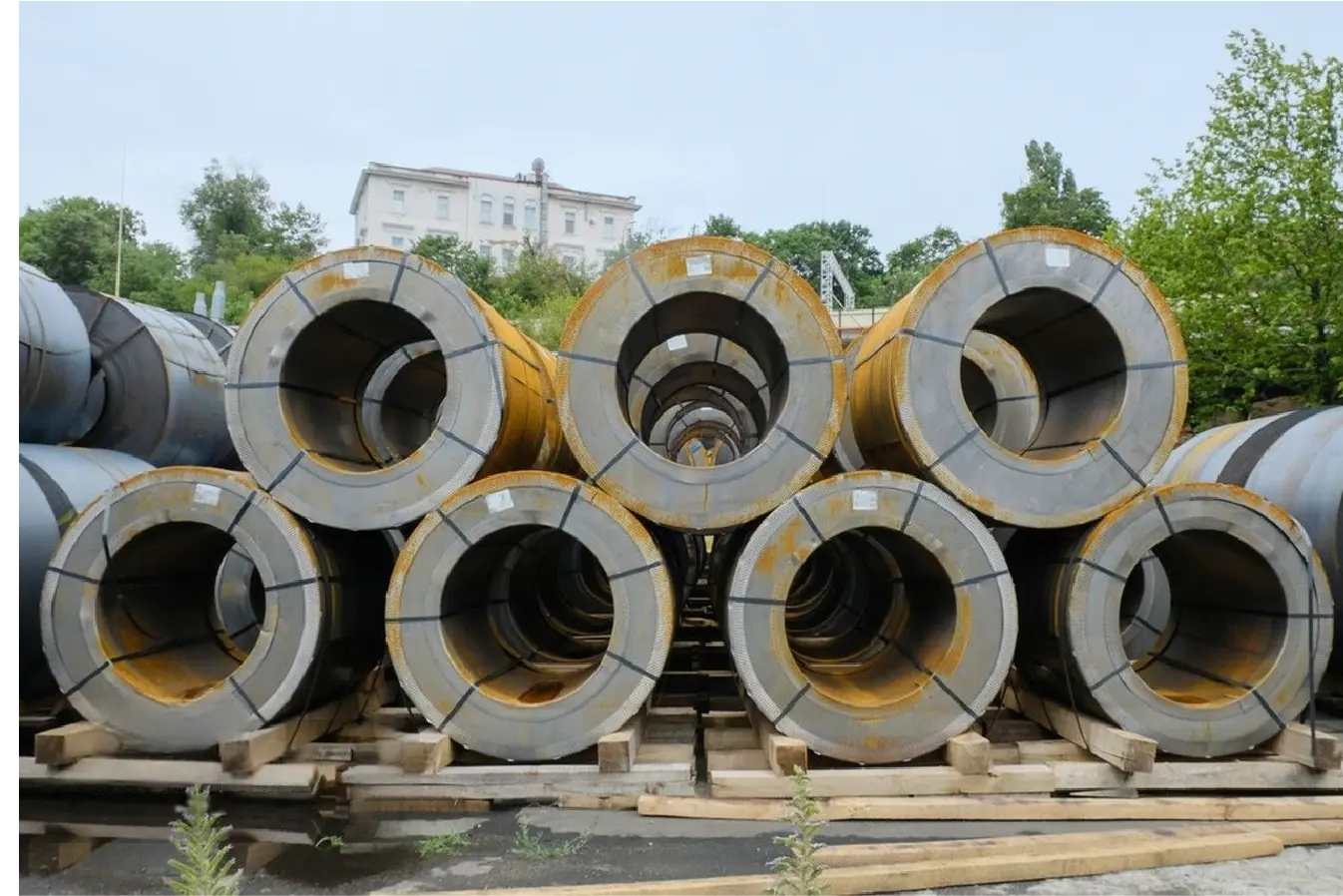
In my role as Global Business Director at MFY, I’ve seen firsthand how the right supplier relationship can transform a business. It’s a topic I discuss daily with partners around the world. The difference between a simple vendor and a true partner is the difference between surviving and thriving. It’s not just about buying steel; it's about building a resilient foundation for your entire operation. Let's explore why this distinction is so critical for your success.
What is the True Role of a Stainless Steel Coil Supplier in Your Supply Chain?
Many see suppliers as just vendors. This transactional view creates hidden risks. The right supplier, however, is an integrated partner and a cornerstone of your operational success.
A stainless steel coil supplier's true role is to be a strategic partner. They are not just providing material; they are ensuring your production continuity, managing quality control upstream, and offering logistical solutions that directly impact your bottom line and market responsiveness.
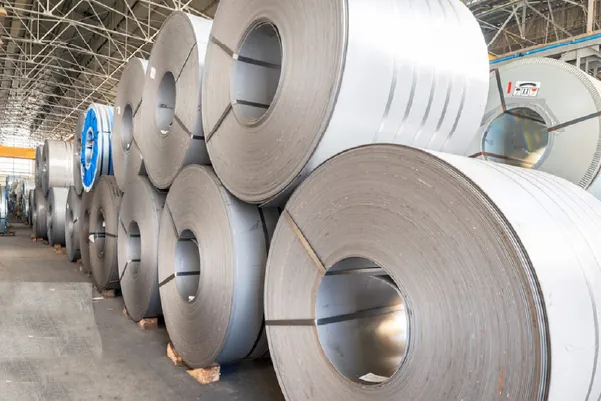
Over my years in this industry, I've learned that the most successful companies view their key suppliers as an extension of their own team. It's a fundamental shift in perspective. A simple vendor relationship is reactive; you place an order, they deliver a product. A strategic partnership is proactive. It’s about shared goals, transparent communication, and mutual investment in success. At MFY, we don't just sell stainless steel coils; we provide supply chain solutions. We work to understand our clients' production schedules, their market demands, and their long-term objectives. This allows us to anticipate needs, manage inventory effectively, and help them navigate the complexities of the global market.
Beyond a Transactional Relationship
A true partner contributes to your cost efficiency and market competitiveness. They offer insights on material selection, suggest alternative grades that might improve performance or reduce costs, and provide market intelligence that helps you make better purchasing decisions. They are invested in your success because your growth is tied to theirs.
An Extension of Your Operations
Think of your supplier's inventory as an extension of your own warehouse, and their logistics team as part of your planning department. This level of integration is what builds a truly resilient supply chain. Below is a simple breakdown of the difference:
| Feature | Standard Vendor | Strategic Partner |
|---|---|---|
| Focus | Price per Ton | Total Cost of Ownership |
| Communication | Reactive (POs, Invoices) | Proactive (Forecasts, Market Intel) |
| Relationship | Transactional | Collaborative & Integrated |
| Goal | Fulfill an Order | Ensure Client Success |
Choosing a partner over a vendor is the first step toward building a supply chain that can withstand market shocks and drive competitive advantage.
What are the Current Trends in the Stainless Steel Coil Market?
The market is always changing. Staying updated is a full-time job. Understanding key trends helps you make smarter, more proactive purchasing decisions for your business.
Current trends include fluctuating raw material costs, a growing demand for specialized grades and sustainable materials, and the increasing digitalization of supply chain management. Navigating these requires an agile and well-informed supplier partner who can adapt quickly to market shifts.

The global stainless steel market is more dynamic than ever. As a business leader, you need a supplier who is not just watching these trends but is actively navigating them on your behalf. We are seeing a few key shifts that are reshaping how we do business and how you should be thinking about your supply chain.
Navigating Price Volatility and Sustainability
The costs of raw materials like nickel have been on a rollercoaster, making long-term budgeting a significant challenge. A strong supplier partner helps mitigate this risk through strategic sourcing[^2], hedging strategies, and transparent pricing models. They provide the stability you need in an unstable environment. Alongside this, there is a clear and growing demand for sustainability. Clients increasingly want to know the origin of their materials and the environmental footprint of their production. At MFY, we are committed to responsible sourcing and are working to provide greater transparency throughout our supply chain, because we know it’s not just good for the planet—it’s good for business.
The Rise of Digitalization
The biggest game-changer is digitalization. The days of relying solely on phone calls and emails are over. Modern supply chains run on data. We are investing heavily in digital platforms that give our clients real-time visibility into their orders, from production status to shipping location. This technology allows for better forecasting, reduces the risk of stockouts, and enables a level of agility that was impossible just a few years ago. A supplier that isn't embracing digital tools is a supplier that will leave you behind.
What Challenges Do Supply Chains Face Without a Reliable Supplier?
An unreliable supplier causes delays. These delays halt production and damage your reputation. The consequences ripple through your entire business, costing you money and customers.
Without a reliable supplier, supply chains face production halts due to material shortages, inconsistent product quality leading to rework and waste, and unpredictable costs that destroy budgets. These issues directly damage operational efficiency, customer trust, and overall profitability.
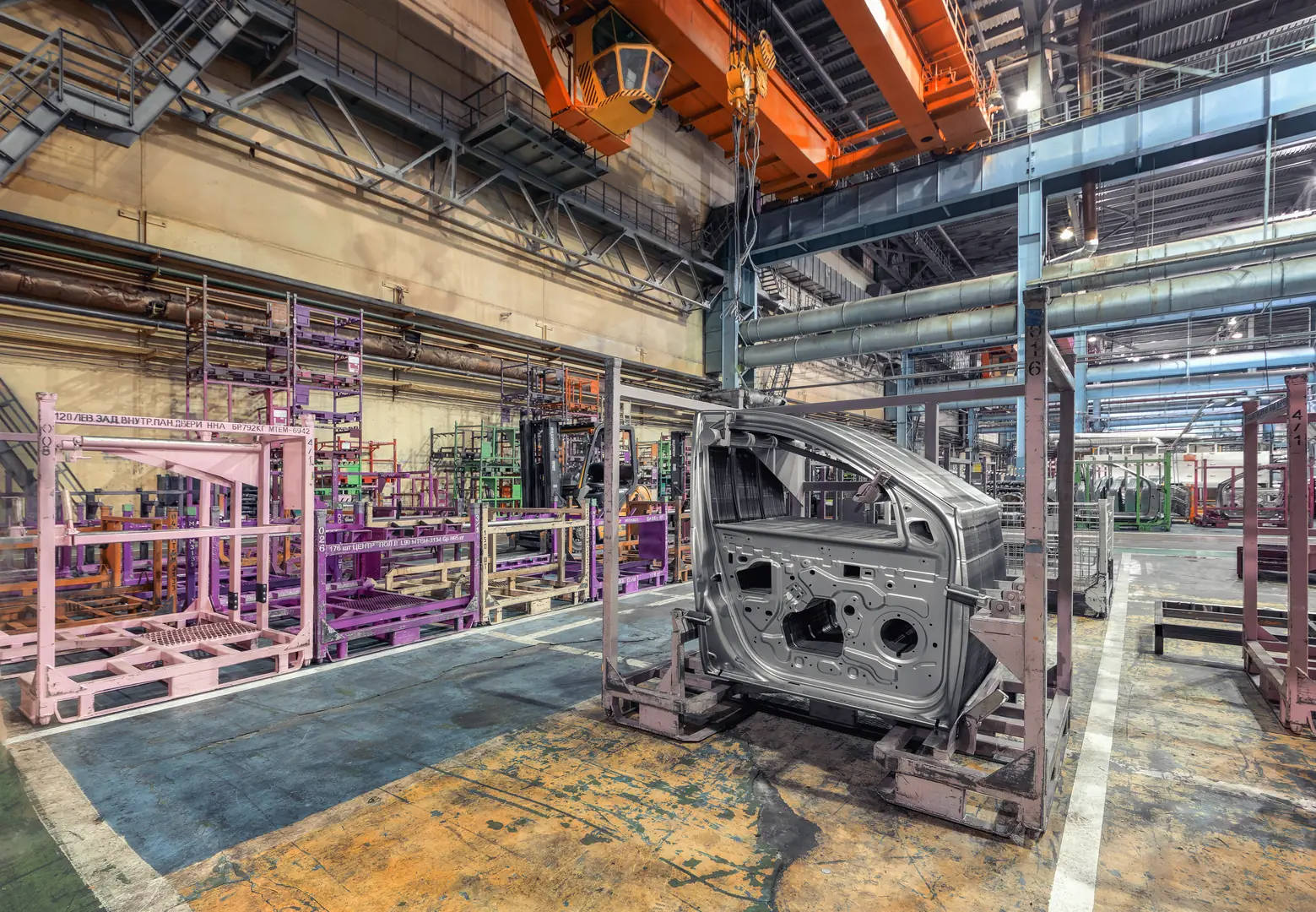
The risks of partnering with an unreliable supplier are immense, and I’ve seen the damage firsthand. I remember a client in the construction sector in India who was lured by a supplier offering a price that seemed too good to be true. It was. The initial savings were completely erased within a few months. Late deliveries caused project delays, which led to contractual penalties. Worse, inconsistent material quality meant that entire batches had to be rejected, leading to wasted labor and a frantic search for replacement materials at a premium price. This is a classic example of focusing on the unit price instead of the total cost of ownership.
The Domino Effect of Delays
A supply chain is a series of interconnected links. When one link breaks, the entire chain is compromised. A single late shipment of stainless steel coils can halt a multi-million dollar production line. This stoppage doesn't just mean idle workers and machines; it means missed deadlines with your own customers, damaging the trust you've worked so hard to build.
The Hidden Costs of Poor Quality
Inconsistent quality is another silent killer of profitability. It introduces variables that are hard to control. Your machines are calibrated for a specific grade and tolerance, but if the material doesn't meet those specs, you face higher scrap rates, increased tool wear, and potential failure of the final product. The cost of rework, customer returns, and reputational damage far outweighs any initial savings on material cost.
| Risk Factor | Direct Cost | Indirect Cost |
|---|---|---|
| Late Delivery | Production Downtime | Contract Penalties, Lost Sales |
| Poor Quality | Scrap & Rework | Damaged Reputation, Customer Churn |
| Poor Communication | Wasted Admin Time | Missed Opportunities, Poor Planning |
Ultimately, a weak supplier creates fragility in your business. A strong partner builds resilience.
What are the Best Strategies for Selecting a Strong Stainless Steel Coil Supplier?
Choosing a supplier can feel like a gamble. You might be unsure of what to prioritize. A clear strategy based on key criteria removes the guesswork and builds confidence.
Key strategies include verifying their production capacity and quality control certifications (like ISO 9001), assessing their inventory management and logistical capabilities, and evaluating their communication and problem-solving skills. Look for a partner, not just the lowest price.
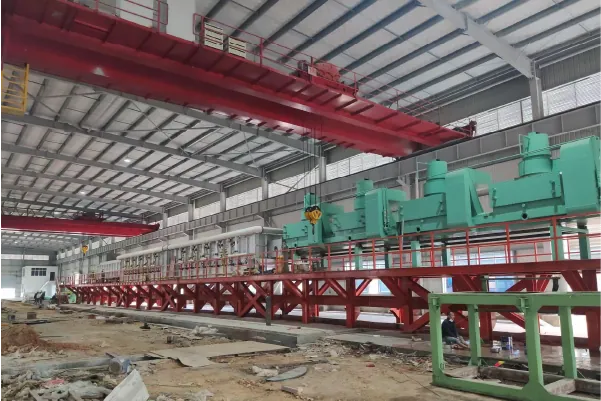
Finding the right supplier is one of the most important strategic decisions you can make. It requires a thorough evaluation that goes far beyond a simple price comparison. At MFY, when we onboard a new client, we encourage them to ask the tough questions, because we are confident in our ability to deliver. You should apply the same rigor to every potential supplier you consider.
Look Beyond the Price Tag
The cheapest offer is rarely the best value. A strong supplier demonstrates their value through reliability, quality, and service. Ask for evidence of their quality management systems—are they ISO 9001 certified? Request references from customers in your industry. A supplier who is proud of their track record will be happy to provide them. Also, evaluate their financial stability. A financially weak supplier is a risk, as they may cut corners on quality or be unable to weather market downturns, leaving you exposed.
Assessing Technical and Logistical Strength
Your supplier must have the technical expertise and logistical infrastructure to support your business. Can they handle your volume requirements? Do they have a robust inventory to buffer against supply disruptions? At MFY, our strength comes from our fully integrated supply chain, from raw materials to rapid export delivery. This gives us control over quality and timing that many traders or smaller mills simply cannot match. A supplier's logistical capabilities are just as important as their production capacity. You need a partner who can deliver what you need, when you need it, anywhere in the world.
Here's a simple checklist to guide your evaluation:
| Criteria | Question to Ask |
|---|---|
| Quality | Can you provide quality certifications and test reports? |
| Capacity | Can you consistently meet our volume and lead time needs? |
| Logistics | What is your process for international shipping and customs? |
| Communication | Who is my dedicated point of contact? How do you handle issues? |
| Expertise | Can you provide technical support for material selection? |
What Innovative Solutions Can Strengthen Your Supply Chain with the Right Supplier?
Your supply chain often feels reactive. You're always putting out fires. Proactive, innovative solutions from your supplier can build true resilience and agility for your business.
Innovative solutions include collaborative inventory management programs like Vendor-Managed Inventory (VMI), leveraging digital platforms for real-time tracking and forecasting, and co-developing custom material grades or specifications. These transform the supply chain from a cost center to a competitive advantage.
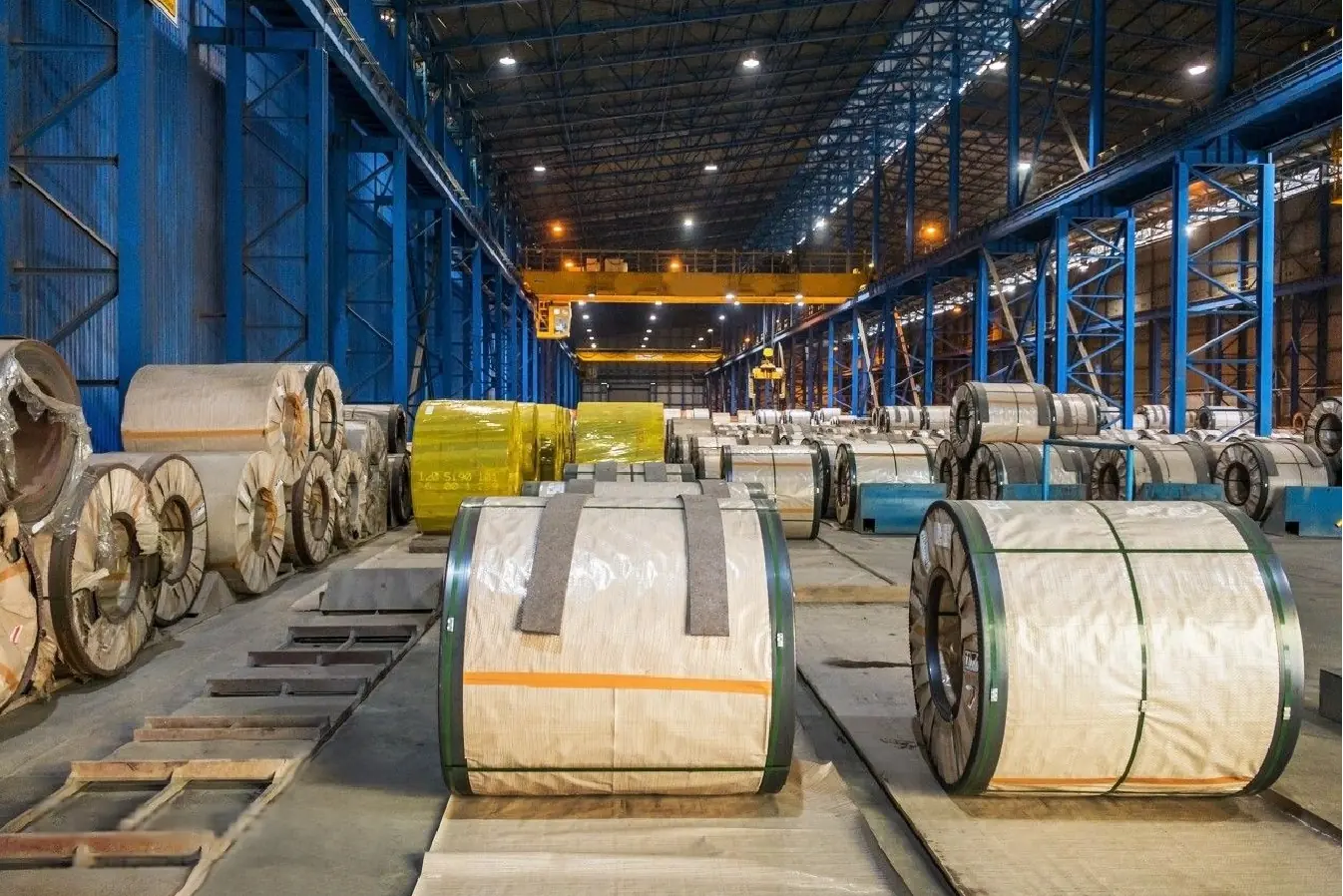
The future of supply chain management is collaborative and technology-driven. The traditional model of placing purchase orders and waiting for deliveries is becoming obsolete. To truly strengthen your supply chain, you need a supplier who is an active partner in innovation, helping you become more efficient, agile, and competitive. We are constantly exploring new ways to deepen our integration with our clients because we know it drives mutual success.
The Power of Digital Integration
As I mentioned earlier, digitalization is key. A forward-thinking supplier will offer a digital portal where you can access real-time information. Imagine being able to track your stainless steel coil order from the moment it leaves the mill to its arrival at your port. This visibility allows for precise planning and eliminates the uncertainty that causes so many supply chain headaches. It allows you to reduce safety stock, free up working capital, and respond faster to your own customers' demands.
Collaborative Inventory as a Game-Changer
One of the most powerful innovations is collaborative inventory management. Programs like Vendor-Managed Inventory (VMI) are a perfect example. In a VMI model, we, as the supplier, take responsibility for monitoring your inventory levels and automatically replenishing stock based on agreed-upon thresholds. This removes the administrative burden from your team and ensures you never run out of critical materials. It requires a high degree of trust and data sharing, but the result is a seamless, highly efficient supply chain that functions almost as a single, unified organization. This is the future, and it's where we are heading with our most strategic partners.
Conclusion
Choosing the right stainless steel coil supplier is a critical strategic decision. It is not about finding the lowest price, but about building a resilient partnership that ensures quality, reliability, and a lasting competitive edge for your business in a complex global market.
Have Questions or Need More Information?
Get in touch with us for personalized assistance and expert advice.
